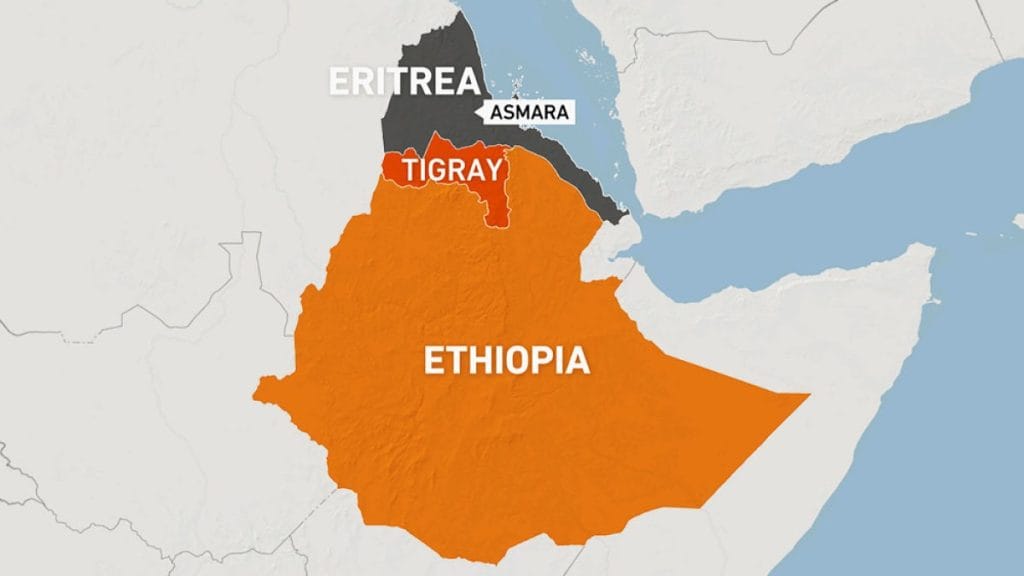The Red Sea Afar Democratic Organization (RSADO), a political and armed group based in Ethiopia, held a public conference on 13 July in Semera-Logia, the capital of Afar regional state. The gathering brought together RSADO’s leadership, youth, women’s associations, and civil society members to discuss the group’s objectives and future direction.
At the conclusion of the event, RSADO reaffirmed its intention to continue both political and military efforts aimed at challenging Eritrea’s ruling People’s Front for Democracy and Justice (PFDJ). The group’s six-point statement emphasized its call for the full recognition of the Red Sea Afar people’s right to self-determination, including the option of secession.
According to RSADO, the Afar people in Eritrea have long suffered from systemic marginalization, with claims that their fundamental rights under the African Union Charter have been routinely violated since Eritrea’s independence.
The timing of the conference comes amid renewed regional tensions. In late 2023, Ethiopian Prime Minister Abiy Ahmed suggested that Ethiopia must explore alternatives for Red Sea access, prompting strong responses from both Eritrea and Djibouti. Eritrea rejected what it termed as any “excessive” access demands, reaffirming its full territorial sovereignty. Djibouti echoed similar concerns, highlighting its independence while acknowledging Ethiopia’s reliance on its port infrastructure.
The Afar people, whose communities span across Ethiopia, Eritrea, and Djibouti, have become increasingly central to these discussions due to their geographic location and cultural ties across borders. Another group, the Eritrean Afar National Congress (EANC), previously urged the Ethiopian government to recognize the territorial rights of Afars living in northern coastal Eritrea.
With cross-border dynamics shifting, the role of Afar identity and territory in shaping regional security, political representation, and sovereignty is once again under international scrutiny.



